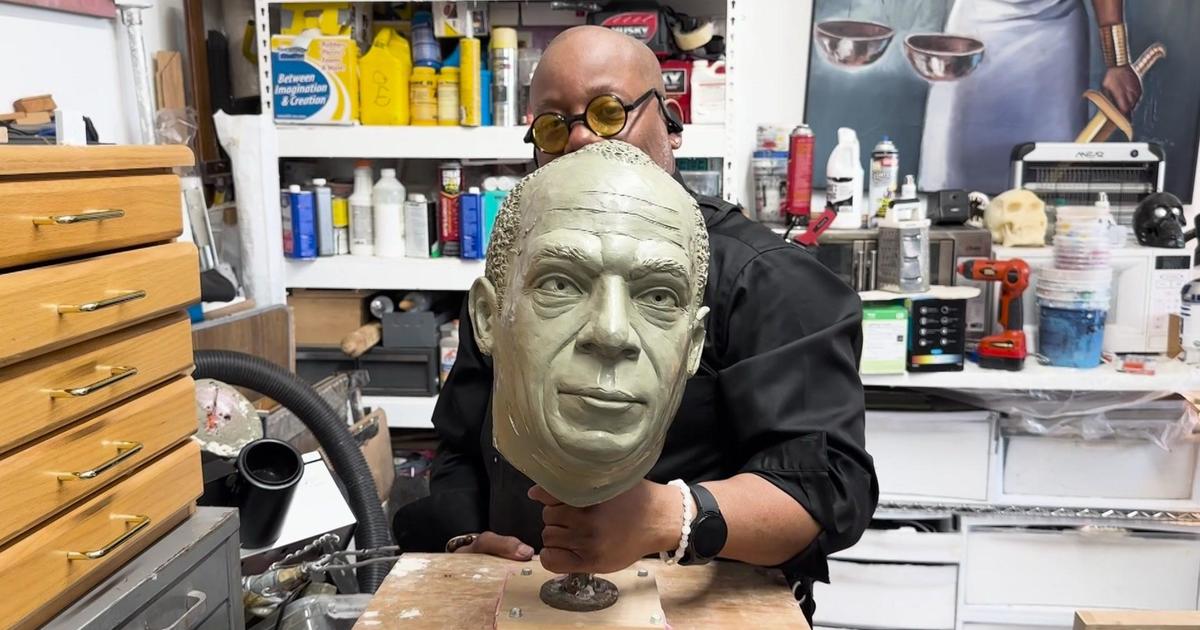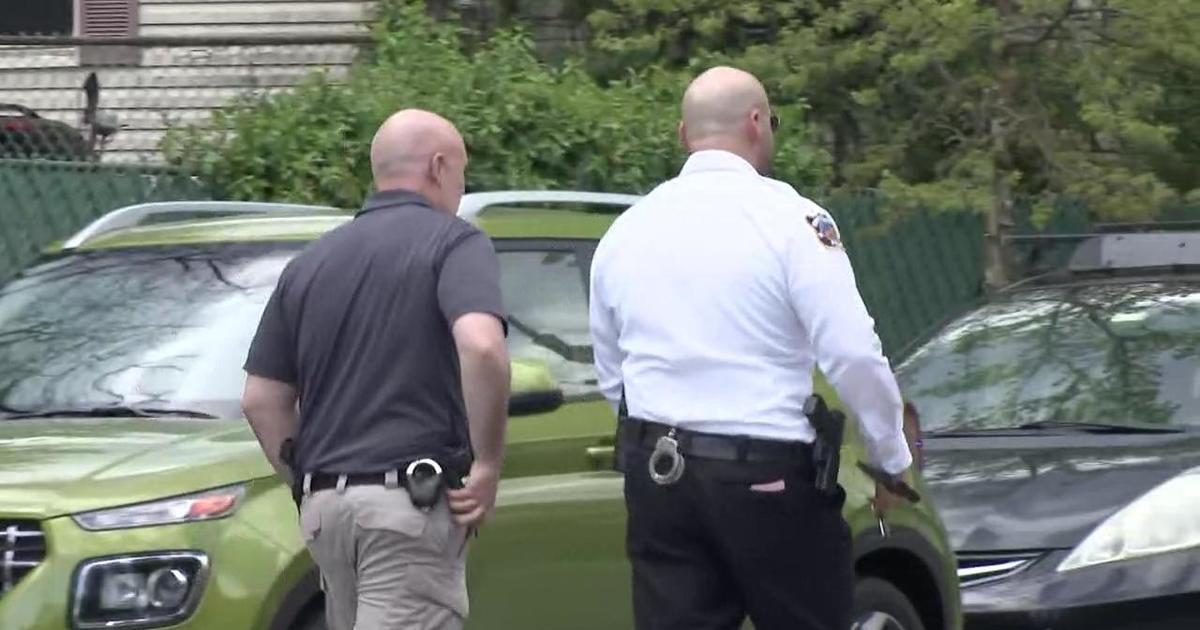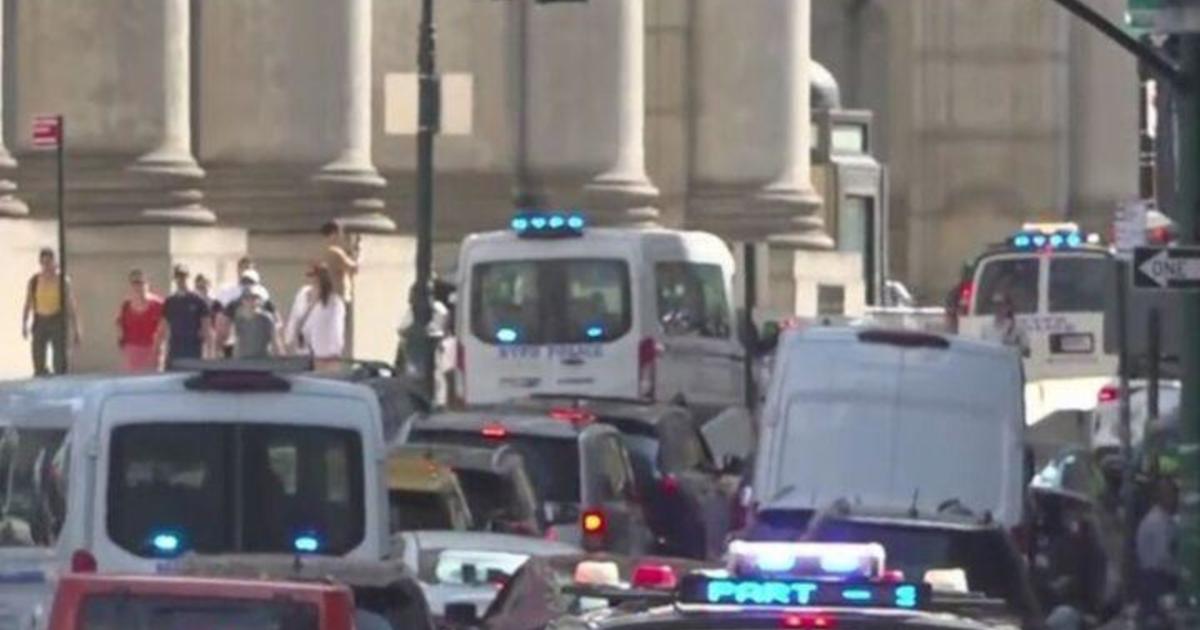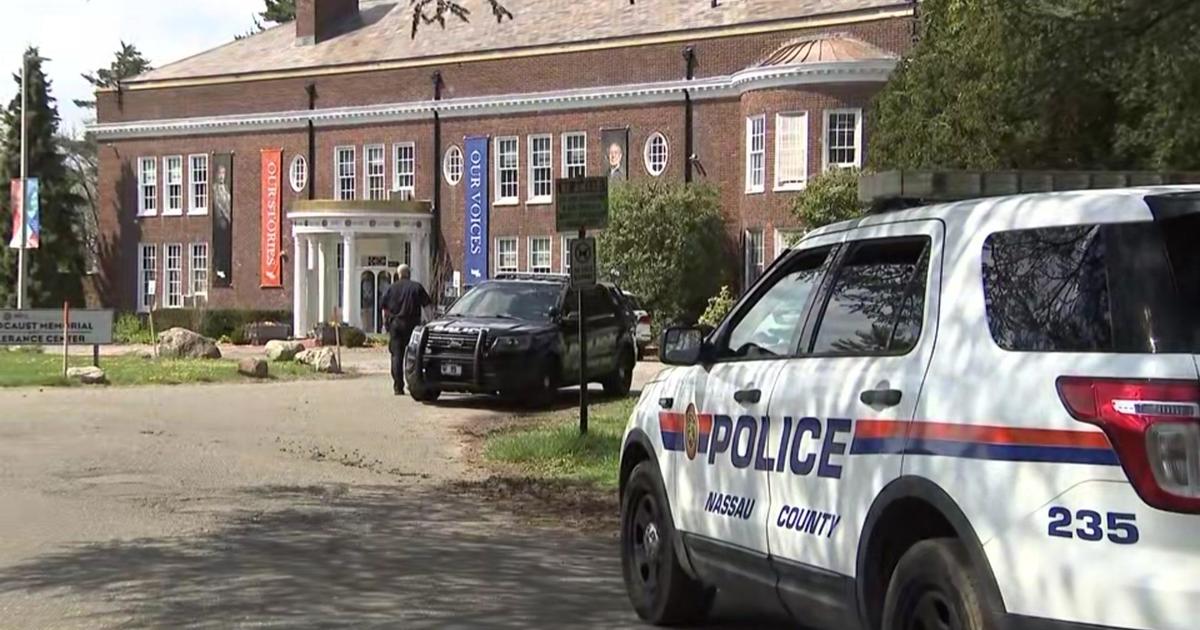Questions Surround Trenton Mayor's Mortgage
TRENTON, N.J. (AP) -- Beset by financial troubles, Trenton Mayor Tony Mack took out a $20,600 mortgage on a rental property, his fourth on the house, just days before he loaned his campaign almost the same amount, borrowing not from a bank but from a woman who said she was "uncomfortable" talking about the deal.
Many candidates loan their campaigns money to provide cash flow for expenses until contributions come in, though the funds usually come from a bank to avoid the appearance of a conflict of interest, a practice that is legal.
But campaign finance law prohibits candidates from disguising campaign contributions from others as a loan, such as a mortgage. Individual campaign contributions are limited to a maximum of $2,600.
Mack has not been charged with anything and there are no indications that he or his campaign is being investigated. The state Election Law Enforcement Commission is prohibited by law from commenting on or confirming investigations.
In an interview last week with The Associated Press, Mack said all of his transactions were legal but did not deny using the mortgage for his campaign. He would not discuss specifics of his personal finances.
On April 6, Mack took out the mortgage on a rental property from Burlington County resident Lena Brolo, according to public records. There were already three open mortgages totaling $181,500 on the property, which has an assessed value of about $60,000.
Real estate experts say the debt load makes it unlikely Mack would have been able to get a mortgage from a bank.
On April 12, as his campaign coffers were dwindling with a month to go before the election, Mack loaned himself $20,000, according to a campaign finance report filed the next day.
According to the ELEC compliance manual for candidates, a loan received by a candidate is deemed a contribution until repaid and must be reported at the time it is received.
Election lawyer Paul Josephson said it is not unusual for candidates to take out a second mortgage on a home to fund their campaign. But it's usually done with a bank, he said.
"There's nothing wrong as long as it's a bona fide loan and you are paying interest at a commercially reasonable rate," Josephson said.
It's unclear whether any interest is being charged on the loan from Brolo.
Richard Vetstein, a real estate lawyer in Framingham, Mass., said there is no limit on the number of mortgages a person can take out if lenders are willing.
"The limit would be the stupidity of the lender," Vetstein said. "Obviously, the more mortgages you take out, the more you strip down the equity in the home. They are really doing the deal on a handshake."
Mack declined to explain his relationship with Brolo other than to say she is "someone I took a mortgage out with on my property."
"That's not relevant to the matter at hand," he said. "What I did with the money, that's my prerogative."
Brolo confirmed she had given Mack the mortgage but said she was "uncomfortable" talking about it.
Mack is a Democrat, though the mayoralty is nonpartisan.
Of the money Mack loaned to the campaign, he paid himself back $10,000 on May 19. In his final campaign report, he lists the outstanding debt as $10,500 and said the loan was made April 7 -- the day after he took out the mortgage, not April 12 as he previously reported.
The loan raises questions, said Mark Sheridan, a Republican campaign finance lawyer.
"Only a bank or candidate can loan money to a campaign directly. And you cannot do indirectly what you cannot do directly," Sheridan said.
Mack raised just over $200,000 for his campaign, and according to his last financial campaign disclosure report had nearly $86,000 left in the bank.
Mack disputed the number of open mortgages on the rental property but could not explain why they were listed as still open.
Mack's loan to his campaign wasn't recorded at the county clerk's office until about a month after it was made, on May 10, the night before the election. Though Mack was a front-runner among 10 candidates who sought office after Doug Palmer decided to leave after 20 years, a run-off was possible. Mack and Manny Segura, a former councilman, were the top vote-getters and headed to a June 15 run-off election, which Mack won.
As Mack looks to raise property taxes on Trentonians by at least $250 a home, he is behind on taxes on two of the four properties he owns. His primary home had fallen into foreclosure for the third time; a sheriff's sale on that property is set for this month, the second to be scheduled since he was elected.
The taxes are paid on that property, but Mack would not say how he raised the more than $7,000. He told the AP his tax problems had been cleared up on all his properties.
Mack has acknowledged financial problems, which he said were the results of irregular employment. As mayor of the New Jersey capital, Mack will make $126,000 a year.
For 14 years, Mack worked as the director of recycling for Trenton, until 2006, when his job was eliminated and he ran for mayor against Palmer. From 2007 to 2009 he worked as a business administrator for the Barrington School District in Burlington County but was let go over financial irregularities in an audit.
He was also a Mercer County freeholder for a dozen years until he lost the seat in 2008. His wife stays home and takes care of their four children.
His defunct construction company owes more than $3,000 in back taxes and fees to the city for a building near the Statehouse, records show. Mack used the building as campaign headquarters, paying himself more than $5,000 in rent from campaign money.
Mack is back to raising campaign funds. VIP tickets for his Oct. 9 inaugural party at the Trenton Marriott are going for up to $2,500 a table. It will cost $150 per person to get into the cocktail party and $300 for the ball and VIP session.



